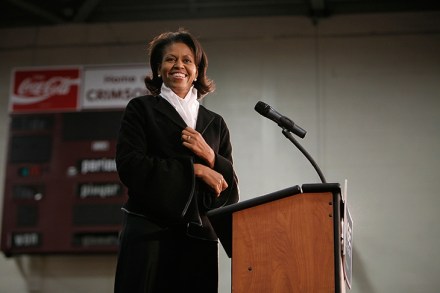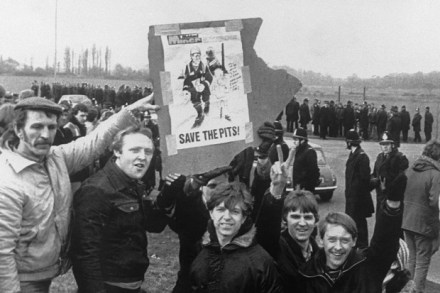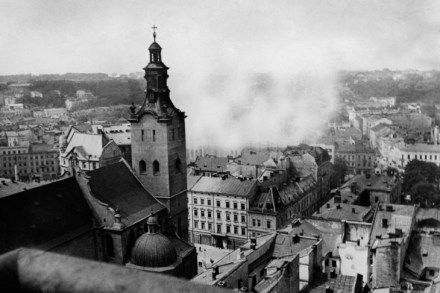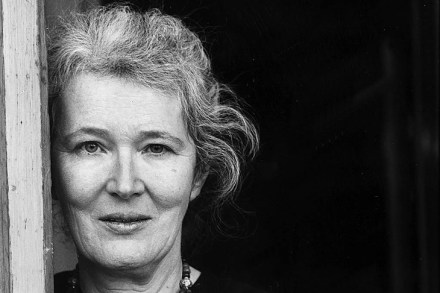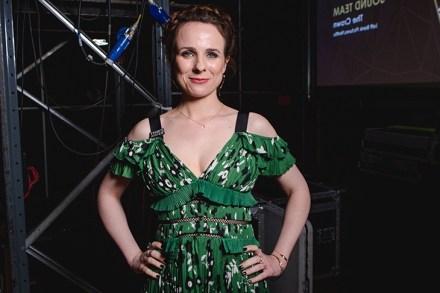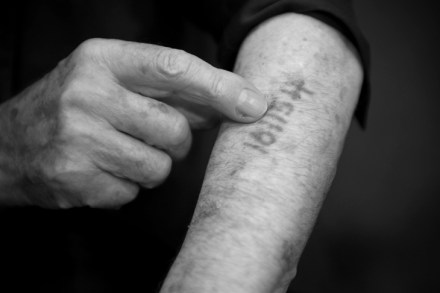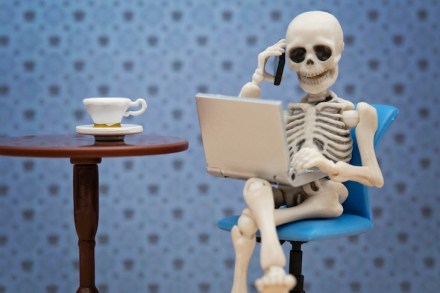Out of this world | 13 December 2018
Take yourself back to (or try to imagine) Christmas 1968; a year full of disturbances, dashed hopes and extreme violence at home and abroad. On 21 December, a huge explosion occurred; not, for once, a herald of catastrophe but at Cape Kennedy, where the engines of the Saturn V rocket, ‘the most powerful machine ever





